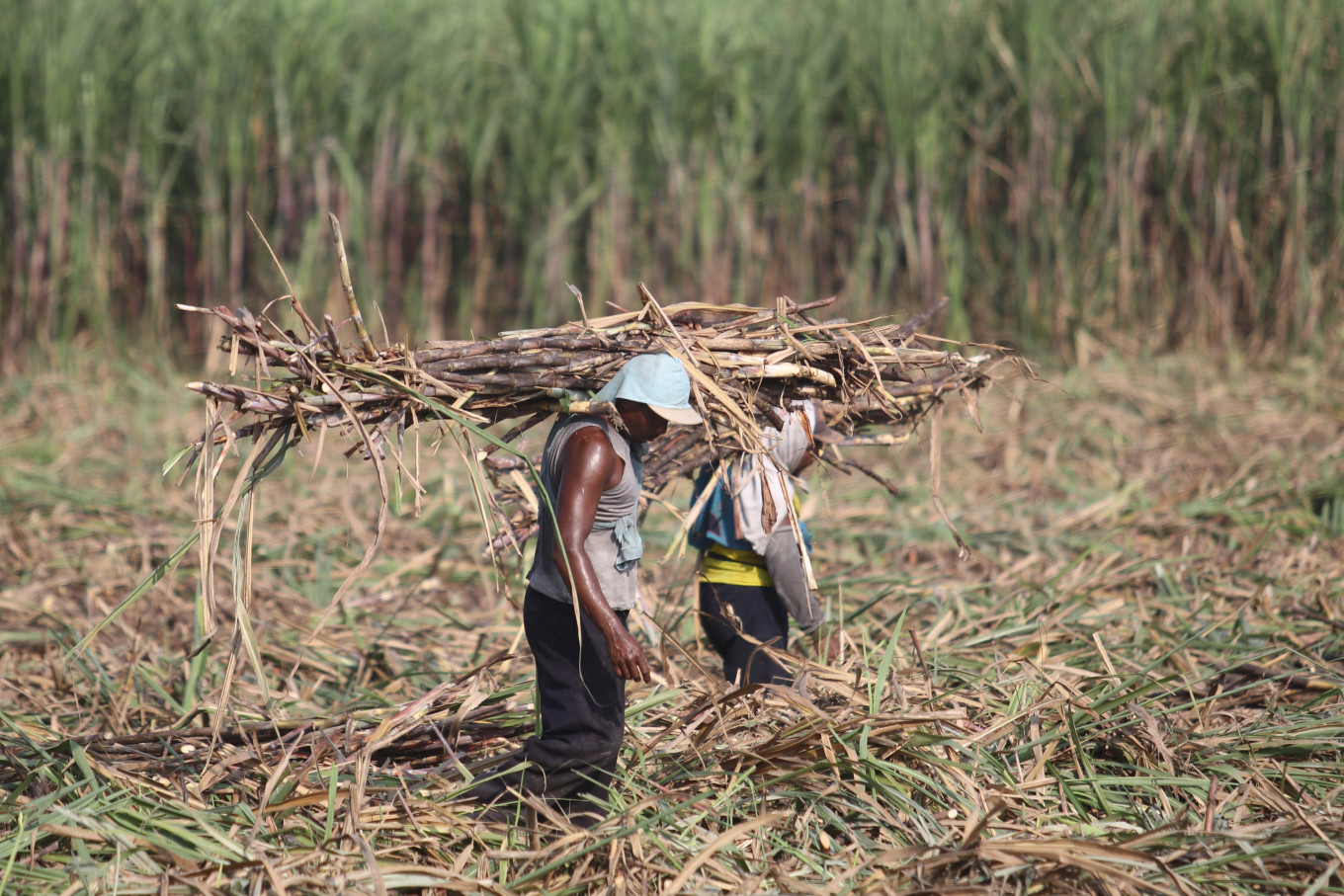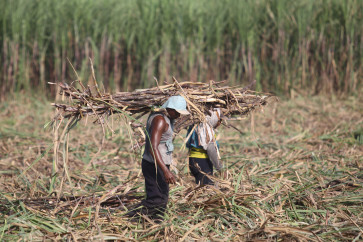Popular Reads
Top Results
Can't find what you're looking for?
View all search resultsPopular Reads
Top Results
Can't find what you're looking for?
View all search resultsThe bitter reality behind sugarcane downstreaming
Indonesia continues to treat sugarcane solely as a source of sugar, focusing merely on output quantity rather than developing it as a diversified industrial crop.
Change text size
Gift Premium Articles
to Anyone
A
mid the triumphalism of Indonesia’s mining downstreaming, which is claimed to boost national added value, the fate of agricultural commodities like sugarcane remains trapped in a silent corner of policy neglect.
The government has identified 28 strategic commodities in its national downstreaming roadmap, but only a few from the agricultural sector made it into the priority list, and even those lack adequate structural support.
Indonesia continues to shoulder an annual sugar deficit of 4 million to 5 million tonnes, making it one of the world’s largest sugar importers. According to the 2024 Sugar Trade Performance Analysis by the Agriculture Ministry, Indonesia’s import dependency ratio hovered between 64.79 and 75.01 percent from 2019 to 2023.
Meanwhile, the self-sufficiency ratio ranged only between 27.94 and 35.27 percent, meaning domestic production meets merely a third of national demand. This stark structural imbalance renders the government’s goal of sugar self-sufficiency by 2028 for consumption and 2030 for industry far-fetched unless supported by downstreaming strategies that address root institutional and agrarian issues.
The state has promised an expansion of 500,000 to 700,000 hectares of sugarcane land and the construction of 10 new sugar mills and 3 bioethanol plants. However, without agrarian reform, fiscal incentives and fair partnership schemes between farmers and the sugar industry, these promises risk becoming exclusive investment projects for large investors rather than structural solutions.
East Java alone accounted for nearly 50 percent of national sugar production in 2023 or 1.13 million tonnes out of a total of 2.27 million, revealing a risky centralization.
Compare this with maize, now a policy darling due to its short cultivation cycle, low production costs and role in animal feed import substitution. This reveals a clear policy bias as the state favors commodities that are logistically and politically easier.



















